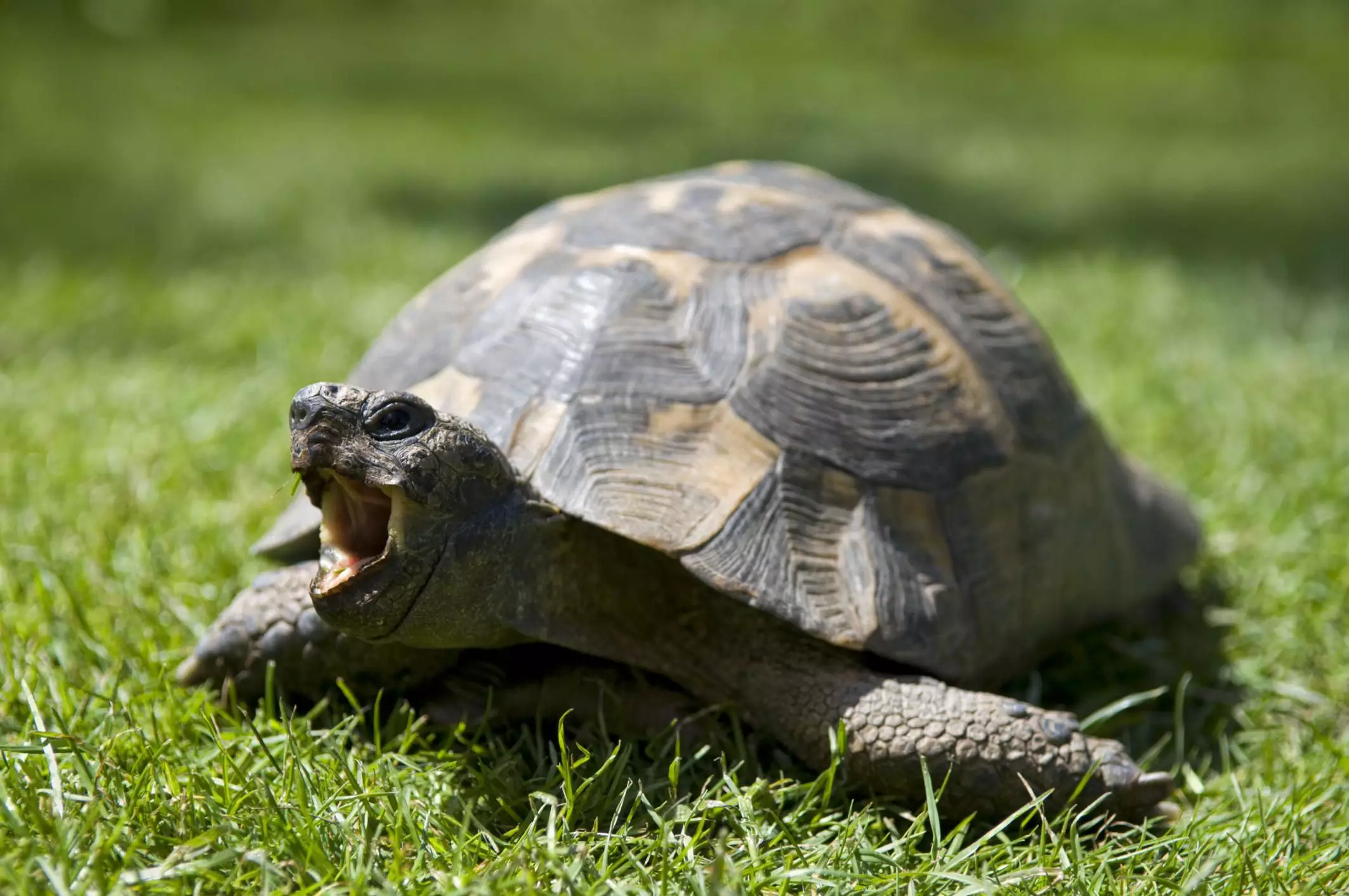Owning a tortoise can be a rewarding experience, but it necessitates a deep understanding of their care requirements and potential long-term commitments. These fascinating reptiles are known for their distinctive appearance and quiet demeanor, making them appealing as pets. However, potential owners need to appreciate the weight of responsibility that accompanies such a choice.
The Long Lifespan: A Commitment Beyond Their Years
Tortoises are not standard pets; they are lifelong companions. With lifespans that can extend from 50 to over 100 years, prospective tortoise owners are signing up for a commitment that may outlast their own lifetime. This long lifespan requires careful planning and consideration. Future caretakers must think about not only their current lifestyle but also their long-term capacity to care for a pet that will age alongside them.
Choosing a tortoise as a pet might resemble adopting a furry animal, but the stakes are different. Individuals must be prepared for the impact their pet’s longevity will have on future living situations, finances, and even travel plans. An apparently adorable hatchling can quickly grow into a large turtle that requires an equally large enclosure and special care.
Most tortoises exhibit docile and shy behavior, especially in solitary environments. However, keeping multiple males in a single enclosure can lead to aggression, resulting in dangerous confrontations. Thus, understanding animal behavior before engaging in multi-tortoise ownership is crucial to ensure everyone’s safety.
Moreover, tortoises naturally prefer solitude or the company of one compatible mate. Regardless of species, stress from confinement or inappropriate social structures can lead to serious health issues. To avoid stressful situations, adhering to best practices regarding their habitat and social interactions is essential.
Tortoises thrive in spacious outdoor enclosures ideally suited to their size and climate requirements. Many larger species require expansive areas that allow them to roam, dig, and bask in sunlight. Building an effective tortoise enclosure involves more than just providing space; strong fencing is essential as many tortoises are adept at climbing or digging.
Enclosures should be equipped to protect them from potential predators while also offering them shelter from extreme weather conditions. Adequate shade, warm corners, and secure hiding spots are crucial components of a proper habitat. Additionally, landscaping the environment with safe plants ensures that tortoises have a varied and stimulating area to explore.
Feeding: Understanding Dietary Needs
The diet of a tortoise varies significantly based on its species, and understanding these dietary requirements is critical for ensuring their health. A well-balanced diet primarily consists of vegetables but also needs a careful mix of fruits, hay, and commercially available tortoise feed. It is also essential to pay close attention to the balance of calcium and phosphorus in their food to prevent disorders like metabolic bone disease.
Preparing meals for your tortoise should not be taken lightly—it requires time and resources. A regular feeding schedule is necessary to ensure that the tortoise receives adequate nutrition. Owners must educate themselves on which foods are safe and beneficial, ensuring that they only provide a varied diet rich in roughage.
Tortoises are prone to several health issues, primarily stemming from unsanitary conditions or improper diets. Respiratory infections, for example, are common and often manifest in lethargy, weight loss, or excessive mucus. Recognizing these symptoms early can be lifesaving, thus informing owners about the need for a qualified veterinarian who specializes in reptiles.
Metabolic bone disease is another issue linked to poor nutrition. If tortoises do not receive adequate calcium or UV exposure, their shells and bones may suffer irreparable damage. Understanding the health needs of your tortoise is paramount; maintaining proper environmental conditions is equally vital.
Choosing the Right Species
With numerous tortoise species available, prospective owners must conduct thorough research to find one suitable for their living situation and lifestyle. Popular choices include the Russian tortoise, sulcata, or red-footed tortoises, each presenting unique requirements that need to be understood fully.
Before acquiring a tortoise, consider factors such as adult size, behavioral tendencies, and specific environmental needs. Additionally, contemplate whether you can commit to the long-term care these creatures will require.
Acquiring a tortoise is an undertaking that demands careful evaluation and genuine dedication. By understanding their long lifespan, specific dietary, housing, and social needs, owners can create a thriving environment for their shelled companions. Ultimately, a tortoise can bring incredible joy and companionship to your life, but it’s crucial to approach the responsibility enthusiastically and knowledgeably. Being an informed owner leads to happier tortoises and more rewarding relationships.


Leave a Reply